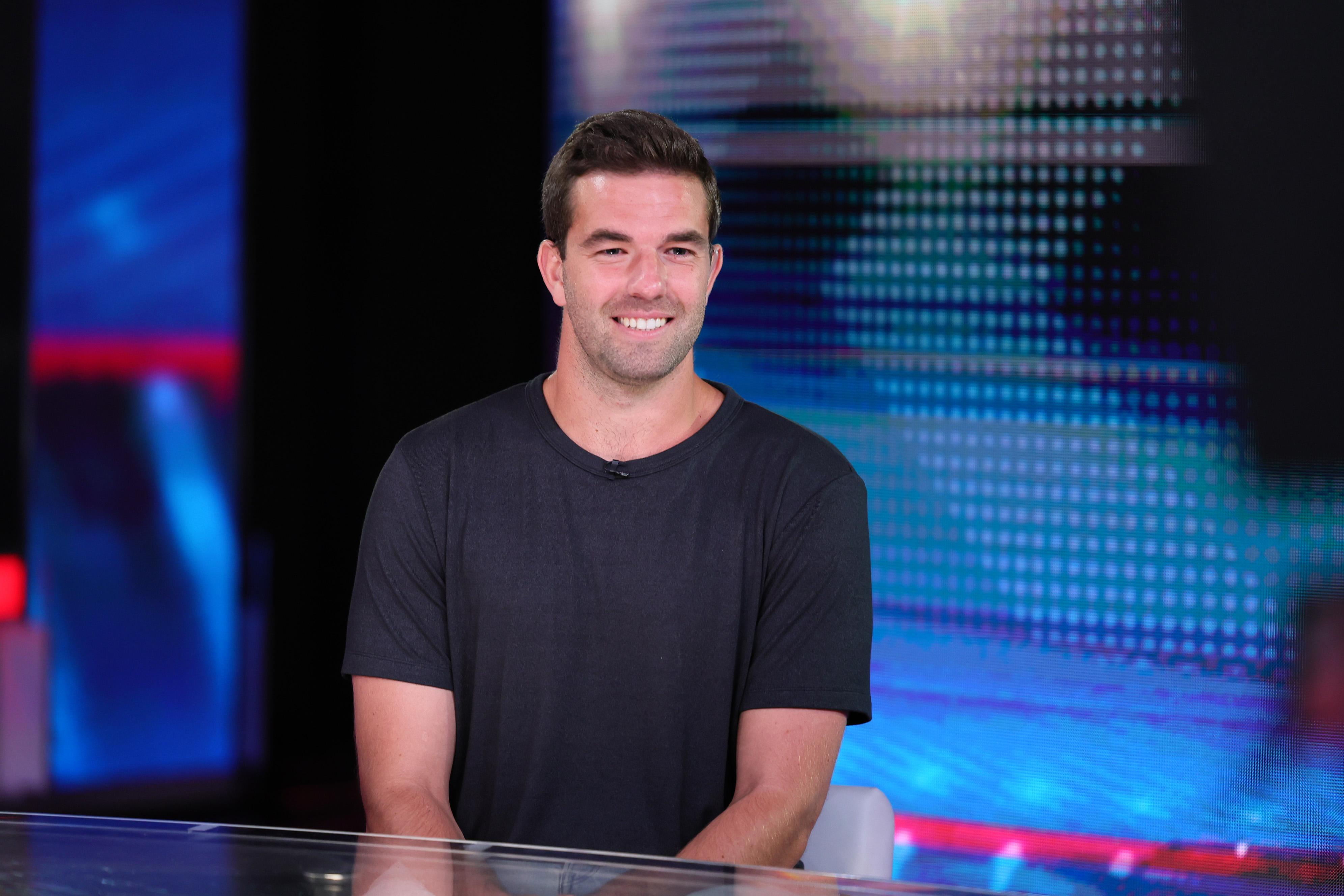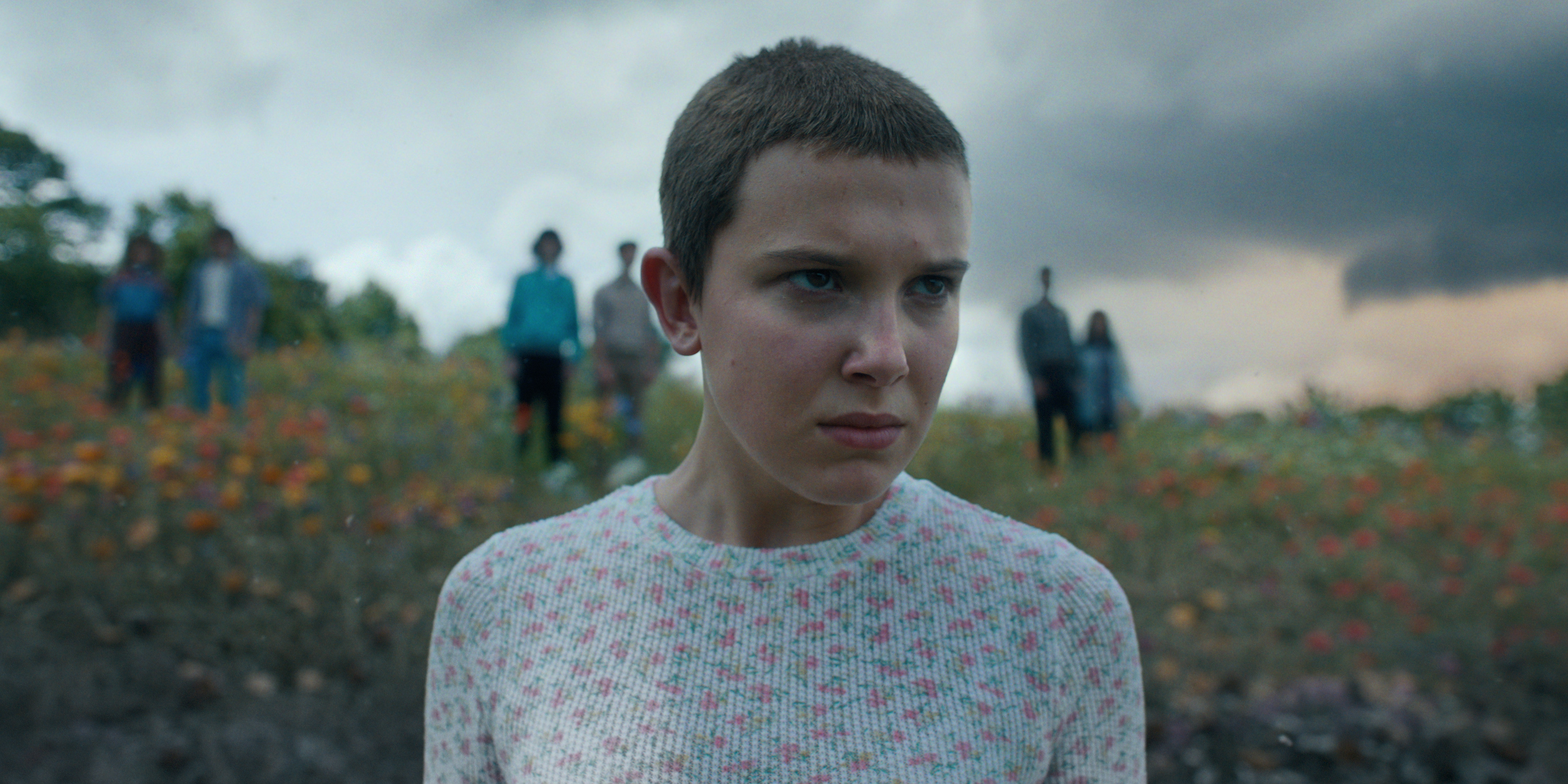The troubling rise of review bombing
Online users are purposely bombarding certain entertainment projects with negative reviews. But why?


A free daily email with the biggest news stories of the day – and the best features from TheWeek.com
You are now subscribed
Your newsletter sign-up was successful
Criticism of television shows, movies, video games, and books is nothing new. But the internet has made it easier than ever to weaponize critical commentary with sprees of "review bombing," wherein users hoping to call attention to a particular cultural or political issue purposely inundate review aggregators with negative feedback. The goal? Ruin a project's popularity or sales, sometimes even before the work is officially released.
How has review bombing affected different industries?
Gaming
The term "review bomb" was first coined in a 2008 Ars Technica review of the video game "Spore," which saw users flood Amazon with negative reviews regarding the game's digital rights management system and gameplay. And since then, review bombing has become commonplace in the gaming industry. Video game review sites are the "place where fan-based review bombing happens the most often, but is probably the most ignored at this point," Paul Tassi noted in Forbes. It's become normalized because, unlike other industries, "the video game industry is home to warring factions in the console wars, or extremely reactive fans who respond to technical issues or general game problems with ultra-low scores."
The Week
Escape your echo chamber. Get the facts behind the news, plus analysis from multiple perspectives.

Sign up for The Week's Free Newsletters
From our morning news briefing to a weekly Good News Newsletter, get the best of The Week delivered directly to your inbox.
From our morning news briefing to a weekly Good News Newsletter, get the best of The Week delivered directly to your inbox.
Take the recently-released "Diablo 4," for example. Though the game initially received largely positive feedback after being released for PC, PlayStation 5 and Xbox, a rash of negative reviews over its perceived lackluster gameplay and issues with microtransactions caused its Metacritic score to drop significantly.
Television and film
Television shows and films have also seen a rise in review bombing in recent years, particularly as it relates to projects led by women or those with racially diverse casts.
For instance, when "Captain Marvel" star Brie Larson remarked in 2019 that movie coverage was too male-dominated, the film's IMDb page was soon flooded with negative comments. Other watershed Marvel projects — including the films "Black Panther" and "Eternals," which featured an LGBTQ+ couple, and the female-led TV series "She-Hulk" and "Ms. Marvel" — later suffered a similar fate. But though "Captain Marvel" "remains the lowest fan-scored Marvel movie" on film review site Rotten Tomatoes, Tassi noted, it didn't stop the film "from making $1.1 billion at the worldwide box office and spawning a sequel."
A free daily email with the biggest news stories of the day – and the best features from TheWeek.com
Another example: So-called J.R.R. Tolkien purists so ferociously review bombed the first episode of Amazon Prime's "Lord of the Rings" prequel, "Rings of Power" that the streamer temporarily shut off reviews until after the third episode aired. And Disney's live-action "The Little Mermaid" faced similar racist backlash after Black actress Halle Bailey was cast in the film's lead role. Eventually, IMDb posted a disclaimer of "unusual voting activity" on the film's review page and applied an "alternative weighting calculation" to its score.
Literature
In mid-June, "Eat, Pray, Love" author Elizabeth Gilbert pulled an upcoming project set in Russia after the book was swamped with one-star reviews on Goodreads amid social media criticism from Ukrainian readers. Those critical of the book felt it was insensitive for Gilbert to release the project given the ongoing war between Kyiv and Moscow. As a result, the author decided to pull the novel from production indefinitely, for which she was criticized for setting a dangerous precedent for book censorship.
"Everything's Fine," the debut novel from author Cecilia Rabess, was also bombed on Goodreads six months before its release after a user with an advanced copy posted the story's synopsis, which was slammed as "anti-black" or racist because it centers on a Black woman who falls for a conservative bigot. Despite receiving some accolades, The New York Times noted that the book "had a sluggish start, only selling 1,000 hardcover copies in its first ten days."
"It can be incredibly hurtful, and it's frustrating that people are allowed to review books this way if they haven't read them," author Roxane Gay told the Times. "Worse, they're allowed to review books that haven't even been written."
How have review aggregators responded to the uptick in review bombing?
By adjusting their review systems. In response to the backlash against "The Little Mermaid," IMDB began using a weighted system to balance out the one-star reviews. And after the "Captain Marvel" debacle, Rotten Tomatoes introduced a verification system to prove reviewers had bought a ticket for the film and stopped accepting reviews for movies before they premiered.
In response to the review bombing of the video game "Horizon Forbidden West: Burning Shores," review site Metacritic has said it's "evolving [its] processes and tools to introduce stricter moderation in the coming months."
And meanwhile, Goodreads claims to have made it easier for users to flag suspicious commentary for review and plans to improve processes regarding the detection and removal of problematic reviews.
Theara Coleman has worked as a staff writer at The Week since September 2022. She frequently writes about technology, education, literature and general news. She was previously a contributing writer and assistant editor at Honeysuckle Magazine, where she covered racial politics and cannabis industry news.
-
 How the FCC’s ‘equal time’ rule works
How the FCC’s ‘equal time’ rule worksIn the Spotlight The law is at the heart of the Colbert-CBS conflict
-
 What is the endgame in the DHS shutdown?
What is the endgame in the DHS shutdown?Today’s Big Question Democrats want to rein in ICE’s immigration crackdown
-
 ‘Poor time management isn’t just an inconvenience’
‘Poor time management isn’t just an inconvenience’Instant Opinion Opinion, comment and editorials of the day
-
 The video game franchises with the best lore
The video game franchises with the best loreThe Week Recommends The developers behind these games used their keen attention to detail and expert storytelling abilities to create entire universes
-
 The buzziest movies from the 2023 Venice Film Festival
The buzziest movies from the 2023 Venice Film FestivalSpeed Read Which would-be Oscar contenders got a boost?
-
 America's troubling school bus driver shortage
America's troubling school bus driver shortageSpeed Read Kids are heading back to school, but they might be having trouble getting a ride
-
 5 college admissions trends to watch out for this year
5 college admissions trends to watch out for this yearSpeed Read College advisers and admissions experts say these trends will shape the 2023-2024 admissions cycle
-
 What's going on with Fyre Festival II?
What's going on with Fyre Festival II?Speed Read Convicted felon Billy McFarland claims the music festival will happen, for real this time
-
 The answer to rising home prices: smaller homes
The answer to rising home prices: smaller homesSpeed Read Builders are opting for fewer rooms and more attached styles as frustrated homebuyers look for affordable options
-
 5 illuminating books about the video game industry
5 illuminating books about the video game industrySpeed Read Cozy up with a few reads that dig into some of the most fascinating parts of video game history
-
 Everything we know about the final season of 'Stranger Things'
Everything we know about the final season of 'Stranger Things'Speed Read The Netflix hit will turn things up to eleven in its final bow ... eventually
